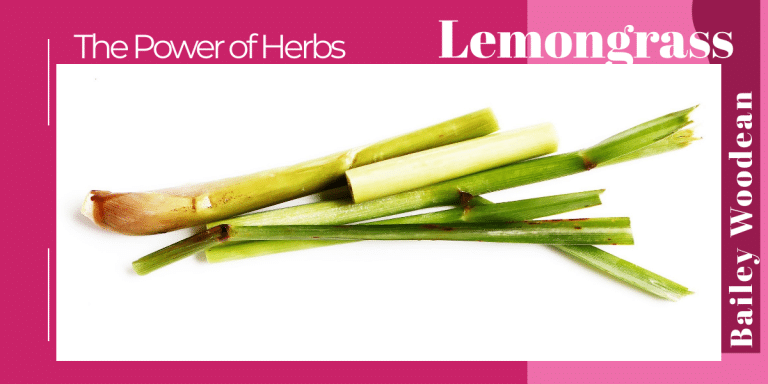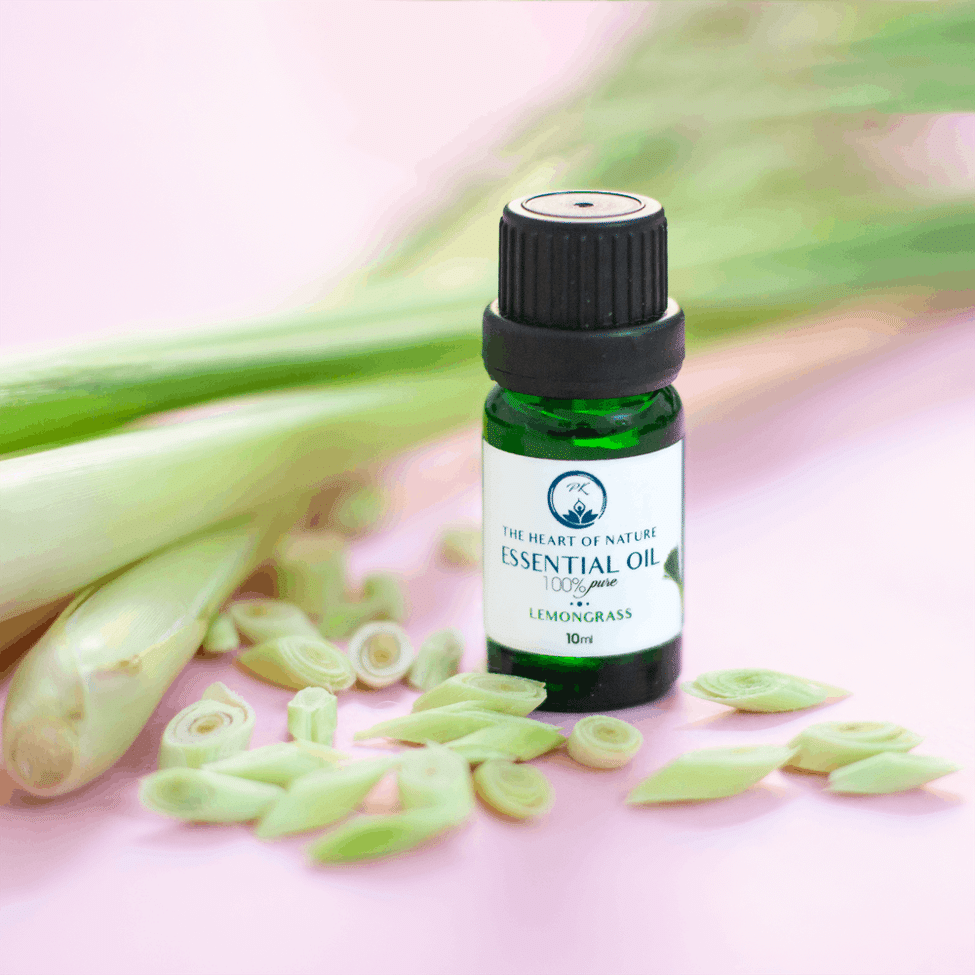

What is lemongrass? Lemongrass (also known as Cymbopogon) is a popular herb found mainly in tropical climates. There are several different varieties of Lemongrass including; Australian lemon-scented grass, silky oil grass, West Indian lemongrass, and citronella grass. This herb is used in a variety of ways (mostly dependent on the type of lemongrass being used). The herb is also believed to provide us with several health benefits, as well.
How to Grow Lemongrass
First and foremost, lemongrass is a tropical plant and requires steady warm to hot weather in order to thrive. So, if you live in a cool environment you should plant your lemongrass in a pot and grow it indoors. You may place the pot outside during the hot summer months of the year, but any other time of year it should be brought inside to prevent killing the plant.
Many sellers of lemongrass (seeds and plants, alike) do not specify the type of lemongrass. So, when you bring it home and plant it you may not know which variety you are getting. But, it is important to plant lemongrass in moist soil and should have plenty of light whether indoors or outdoors.
For further information about growing lemongrass check out https://www.growveg.com/plants/us-and-canada/how-to-grow-lemongrass/
Health benefits of Lemongrass
Lemongrass can be used in cooking, make tea, and essential oil. The herb can also be used in beauty products, cosmetics, and for medicinal purposes.
According to https://www.webmd.com/vitamins/ai/ingredientmono-719/lemongrass, there are several potential benefits to using lemongrass, though none of these benefits have been 100% proven scientifically.
- There have been accounts of some people being able to relieve their symptoms of dandruff by applying lemongrass oil to their scalp. This has not been scientifically proven and does not seem to work for everyone.
- Rheumatoid Arthritis symptoms are believed to be reduced when lemongrass oil is applied to the skin. However, there hasn’t been sufficient evidence to prove that this is the case. Talk to your doctor before applying anything new to your skin in an attempt to relieve pain and other symptoms.
- In addition to applying the oil to your scalp and skin, some people believe that lemongrass oil can be taken by mouth in an attempt to treat thrush (a yeast infection in the mouth).
- Inhaling lemongrass oil that has been put into a scent diffuser is said to have aromatherapy benefits and is likely safe to use occasionally.
- In addition to the potential benefits of using lemongrass, there are also potential risks. Lemongrass is believed to increase menstrual flow and possibly cause a miscarriage or harm to an unborn baby. While these are considered “theories” it is best to completely avoid using lemongrass if you are pregnant or breastfeeding.

ADDICTIVE FRESH LEMONGRASS TEA
Tea recipe and full article can be found at https://thewanderlustkitchen.com/addictive-fresh-lemongrass-tea/
INGREDIENTS
- 4 cups water
- 2 cups roughly chopped lemongrass stalks
- 1/4 cup sugar
- Lime wheels for garnish (optional)
INSTRUCTIONS
- Bring the water to a boil over high heat in a medium saucepan.
- Add the lemongrass and boil rapidly for 5 minutes.
- Reduce the heat to low and simmer the tea for an additional 5 minutes.
- Strain the stalks from the liquid. Stir in the sugar until dissolved.
- Serve warm, or chill in the refrigerator and pour over ice.
Potential health benefits of drinking lemongrass tea
Before using lemongrass in any way, you should talk to your doctor and make sure that it is safe for you! This includes drinking lemongrass tea. If your doctor clears lemongrass as being safe for you to use, consider these benefits when drinking lemongrass tea!
- Improve digestion
- Stabilize your high blood pressure
- Boost your antioxidant intake
- Antimicrobial
- Antibacterial
- Anti-inflammatory
- May also improve the appearance of hair and skin!